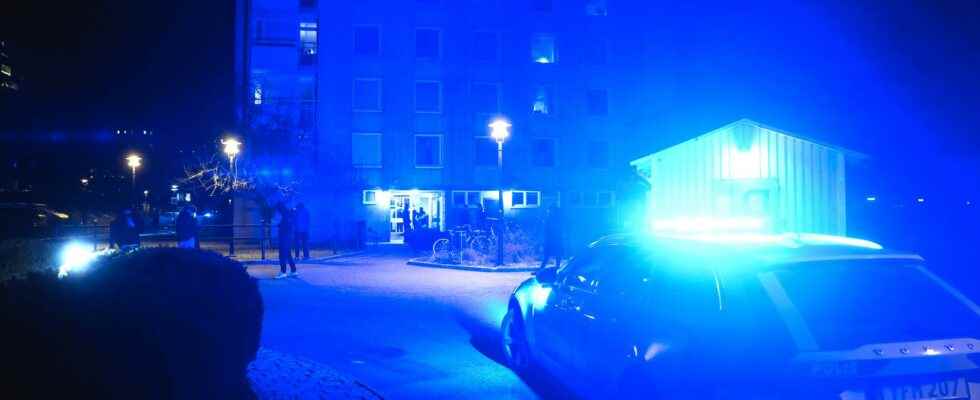Published: Less than 20 min ago
full screen
Next
The police at one of the explosions that occurred in January 2023, in Årsta in southern Stockholm.
1 of 2 Photo: Nils Petter Nilsson/TT
The recent wave of violence may mean that social trust is being eroded, and that we are increasingly moving towards a control society.
– We are at a crossroads now, says Lars Trägårdh, professor of history.
During the first month of the year, Sweden has been hit by a wave of violence of a rarely seen kind. 35 shootings and 16 explosions were the figures for January.
And the violence risks having consequences for trust in society at large, according to Lars Trägårdh, professor of history and civil society studies at Marie Cederschiöld University. He has long researched social trust.
– The gang crime now, and the concern that the police do not have a handle on what is going on, in the wake of a rather problematic immigration and integration policy in many ways, these are concerns that in the long run can have devastating consequences for trust and confidence, he says.
But, he adds, it’s not just about failed integration policies, but also about the younger generation having different values than previous generations.
– Younger people today are more interested in rights than in duties, if you want to put it a bit concretely. A strict morality that emphasizes duties and decency has come to stand in for a higher tolerance for exploiting the system, petty cheating, and generally more interest in rights than in duties and responsibilities.
“Distrust costs money”
Public trust can be divided into three legs. The citizens’ trust in the state and institutions, the state’s trust in the citizens and interpersonal trust, which the citizens know about each other.
– The opposite is mistrust, which creates what economists sometimes call transaction costs, where you have to protect yourself in different ways against unreliable fellow human beings and corrupt politicians. You have to have surveillance, lawyers, police surveillance and so on. All that costs a lot of money, says Lars Trägårdh.
Sweden has long stood out as a high-trust society, along with the other Nordic countries. So that we generally have a high level of trust in other citizens and in institutions, both private and public. But also the trust that authorities and companies have in citizens.
– The fact that we in the Nordics have managed to be so successful has to do with the fact that we have a well-functioning society from a perspective of trust, which means that we are much more efficient, things cost much less. We can afford a welfare state, in part because we don’t have to spend such enormous resources on surveillance.
On the way away from high-trust society
But now we may be moving away from the high-trust society, partly because there are tendencies for a small minority to consistently exploit the trust through criminal activity, according to Trägårdh.
– The choice we face now is trust or control. A society of trust only works as long as all people are trustworthy. With the crime that we see now, the pressure is strong on politicians to strengthen control and police activities.
At the same time, there is a broad political consensus on how to handle crime issues, says Trägårdh, which can be positive in the long run.
– If the citizens feel that “damn how hard it is right now, but the government is doing something”, then it can actually strengthen trust. If you feel like this is just a matter of time, it will pass.
However, trust is a tenacious value, he says, which does not change overnight. But in his research, he has been able to see a strong negative development in terms of trust in the local community in certain municipalities, in Småland’s Lessebo for example.
– If you sit in Lessebo and hear that there is gang crime and murder in Växjö, it also affects you. And the same if you hear about explosions and murders in the Stockholm area. Of course it also affects those who are outside of Stockholm. It affects the general feeling of where we are going in Swedish society.
